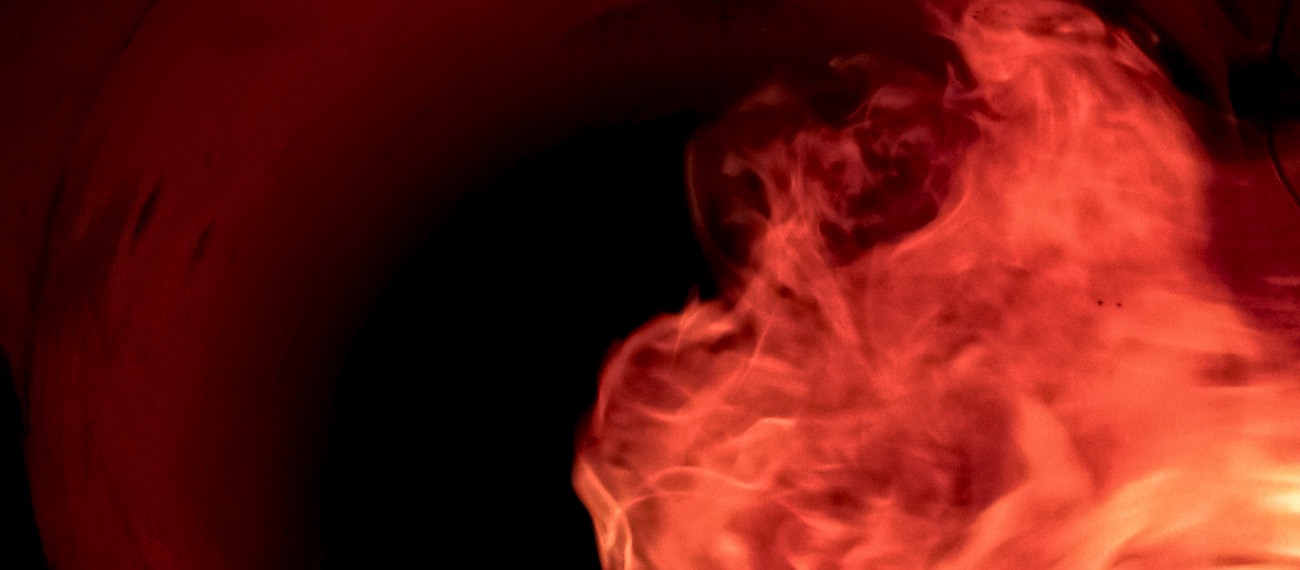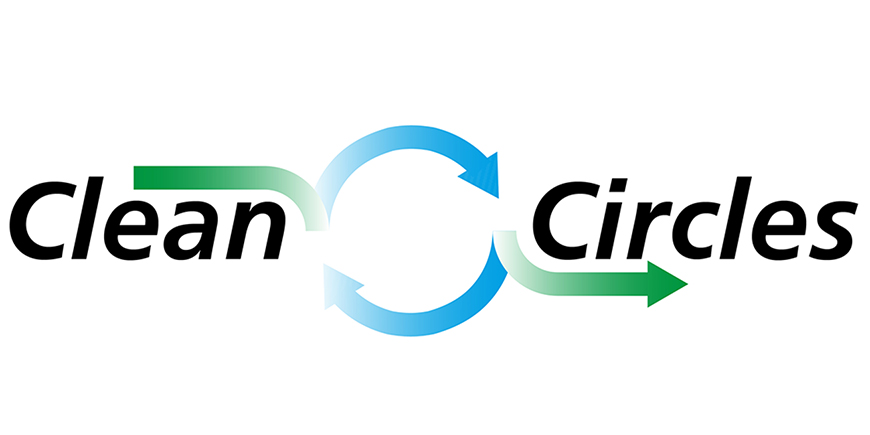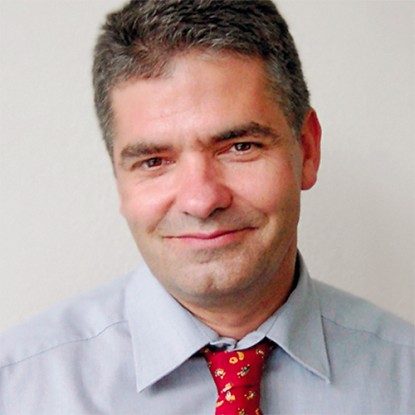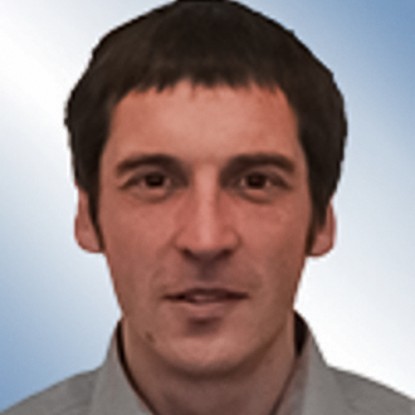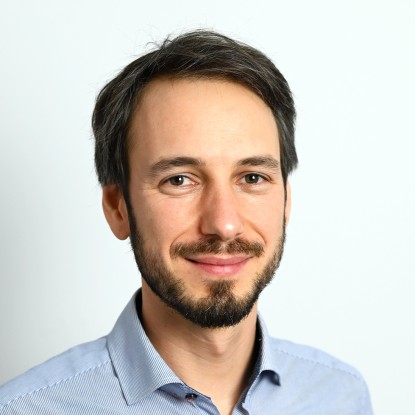Thermochemical reduction:
In fluidized beds, there is a strong coupling of the kinetic processes with the complex hydrodynamics of the gas/particle flow (gas bubbles or particle clusters). Thus, technically relevant flow conditions can be considered. In the investigations, the complexity is increased step by step. As a first step, the hydrodynamics, i.e. the influence of velocity, particle size and oxidation state or particle morphology on the flow structure (measurements by means of a capacitive probe) is determined on a cold-flow fluidized bed model. In the second step, the coupling of reduction reactions and hydrodynamics is carried out. In an electrically heated fluidized bed reactor, the influence of temperature, velocity, atmosphere and particle size on the conversion is determined (measurement of the concentrations of hydrogen and water vapour in the exhaust gas). The properties of the particles are investigated by solid-state analytical methods for their crystallinity, oxidation number and porosity. These experimental investigations also serve in particular to validate the hydrodynamic and kinetic models, which are carried out in CFD simulations using the discrete element method.
Starting in 2024, the thermochemical direct reduction of iron oxides will be investigated under the conditions of a semi-technical fluidized bed reactor. This requires continuous, autothermal operation (without electrical heating) of the reactor with a sufficiently large diameter so that the conversion is not dominated by wall effects. For this purpose, experiments are performed at the 1 MWth experimental plant consisting of two coupled fluidized bed reactors (oxidation and reduction reactor). In the reduction reactor, the flow structure (using a capacitive probe) and conversion (H2 or H2O concentration) are measured. The solid state analysis used is the same as for the small scale studies. CFD simulations are also performed for the semi-technical scale, which in turn are the starting point for the model reduction in research area 3.
Thermochemical oxidation
In an electrically heated fluidized bed reactor on a laboratory scale, the influences of temperature, velocity, atmosphere and particle size on the conversion are determined by measuring the O2 concentrations in the exhaust gas. The properties of the particles are investigated for their crystallinity, oxidation number and porosity using solid-state analytical methods. To validate the hydrodynamic and kinetic models, CFD simulations of the experiments will be carried out using the discrete element method.
In 2024, large-scale experiments will be carried out at the 1 MWth experimental plant at TU Darmstadt, consisting of two coupled fluidized bed reactors (oxidation and reduction reactor). In the oxidation reactor, the flow structure (using a capacitive probe) and conversion (O2 concentration) are measured. The experimental and numerical methodology is analogous to the methods used in the laboratory fluidized bed. Through these investigations, the results and findings from research area 1 and research area 2 will be evaluated in terms of their transferability to the semi-technical level.
Scientific challenges
Experimental investigations:
- Evaluation of hydrodynamics in a cold-flow fluidized bed
- Evaluation of reactive flow in an electrically heated fluidized bed
- Experiments in a semi-industrial 1 MWth fluidized bed reactor
Measurements:
- Particle load/velocity using a capacitance probe
- Gas composition (H2, H2O, O2, etc.)
- Particle size/composition
Modelling:
- Simulation of gas/particle flow with Discrete Element Method
- Validation by experimental data
